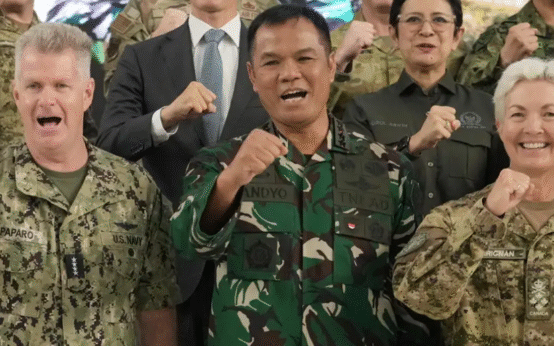United States has temporarily stopped giving medical visas to Palestinians from Gaza after far-right activists in Israel published online posts exposing personal details of patients. The posts revealed names and information about individuals scheduled to travel abroad for treatment. Officials in Washington cited security concerns as the reason behind the move, but the decision has sparked fears about its humanitarian impact.
Gaza patients struggle without medical treatment abroad
For years, thousands of Palestinians from Gaza have relied on medical treatment outside the territory, since the local healthcare system is weak and often overwhelmed. Hospitals in Gaza face chronic shortages of medicine, equipment, and specialists, partly because of repeated conflicts and restrictions on movement.

Many patients, including children with cancer, people with kidney failure, and those requiring advanced surgeries, have no choice but to seek treatment abroad. The suspension of U.S. medical visas has now created a painful uncertainty for families who were preparing to send loved ones for urgent care. Human rights groups warn that delays could mean life or death for some patients.
Concerns about far-right activism in Israel
Israeli far-right activists triggered the situation by sharing patient details online. They claimed that people from Gaza receiving medical help abroad might pose security risks. Critics argue that these claims lack evidence and serve political motives. By exposing sensitive information, activists not only endangered the patients but also created an atmosphere of fear.

Observers believe the U.S. decision, even if temporary, indirectly gives influence to far-right voices that have long opposed humanitarian corridors for Palestinians. Rights defenders argue that letting such pressure shape policy undermines the principle of separating humanitarian aid from political disputes.
The uncertain future of Gaza’s medical visa program
At the moment, it is unclear how long the suspension will last. U.S. officials have said discussions are ongoing about creating safeguards to prevent patient details from being misused. However, no concrete timeline has been given for resuming the visas.
In Gaza, families are left waiting anxiously. Many patients had already gone through the long process of applying, arranging documents, and preparing for travel. Now, they face canceled appointments and growing health risks.
Experts say that if the suspension continues, the consequences could be devastating for Gaza’s most vulnerable patients. The case also raises broader questions about how humanitarian programs can be protected from political interference in conflict zones.


 Kim Jong-un oversees test of U.S. global hawk-like drone
Kim Jong-un oversees test of U.S. global hawk-like drone  Postal traffic to US down by over 80% amid tariffs, UN says
Postal traffic to US down by over 80% amid tariffs, UN says  China Targets US Fiber Optic Firms After Washington Sanctions
China Targets US Fiber Optic Firms After Washington Sanctions  EU court upholds smooth transfer of data from Europe to US
EU court upholds smooth transfer of data from Europe to US  Indonesia and US begin joint annual military drills
Indonesia and US begin joint annual military drills  Hong Kong Overtakes US as IPO Destination for Chinese Startups
Hong Kong Overtakes US as IPO Destination for Chinese Startups